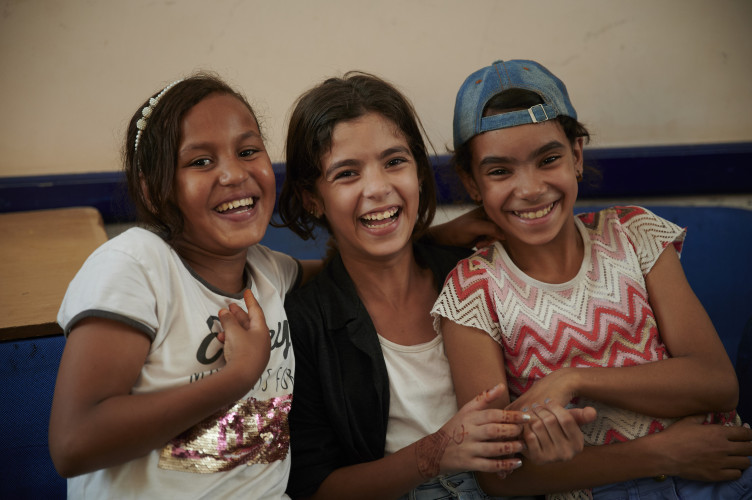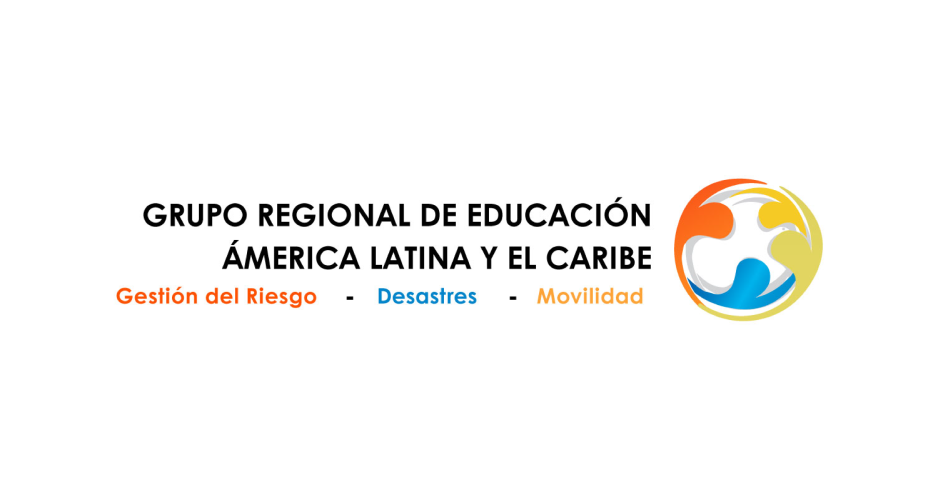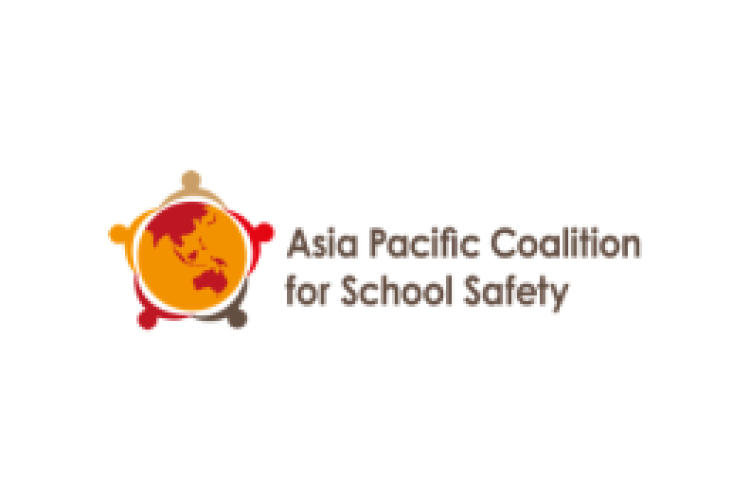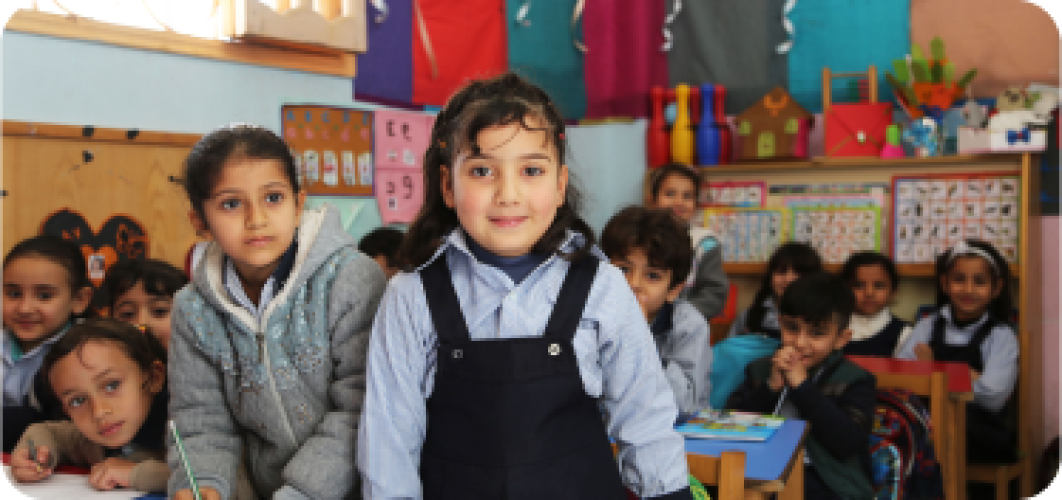
West and Central Africa Education in Emergencies Working Group
West and Central Africa Regional Affiliate

West and Central Africa Education in Emergencies Working Group
West and Central Africa Regional Affiliate

The West and Central Africa Education in Emergencies Working Group (R-EiE WG) was formed to bolster global efforts led by the Global Education Cluster at the regional level. It advocates for education continuity during emergencies, improves data collection, fosters coordination among regional education actors, and provides technical support to countries through education in emergency mechanisms.
Additionally, the R-EiE WG provides sub-regional representation to the African Union's Peace Education Cluster, supporting the implementation of the Continental Education Strategy for Africa (CESA) 2016-2025, with a focus on peace education and protecting education from attacks.
In 2024, the group expanded its role as a regional affiliate for GADRRRES, integrating the Comprehensive School Safety Framework into regional advocacy. It also promotes capacity development for school safety.

How we work
The Regional Working Group aims to establish a framework for exchange, joint action, experience sharing, and advocacy to build the capacity of regional and national education actors at different stages of an emergency (preparedness, response, and recovery) on risk reduction. This includes integrating elements of the Comprehensive School Safety Framework to address the nexus between humanitarian and development actions.
West and Central Africa Region Regional Education in Emergencies Working Group (R-EiE WG) is co-led by NRC and UNICEF.





